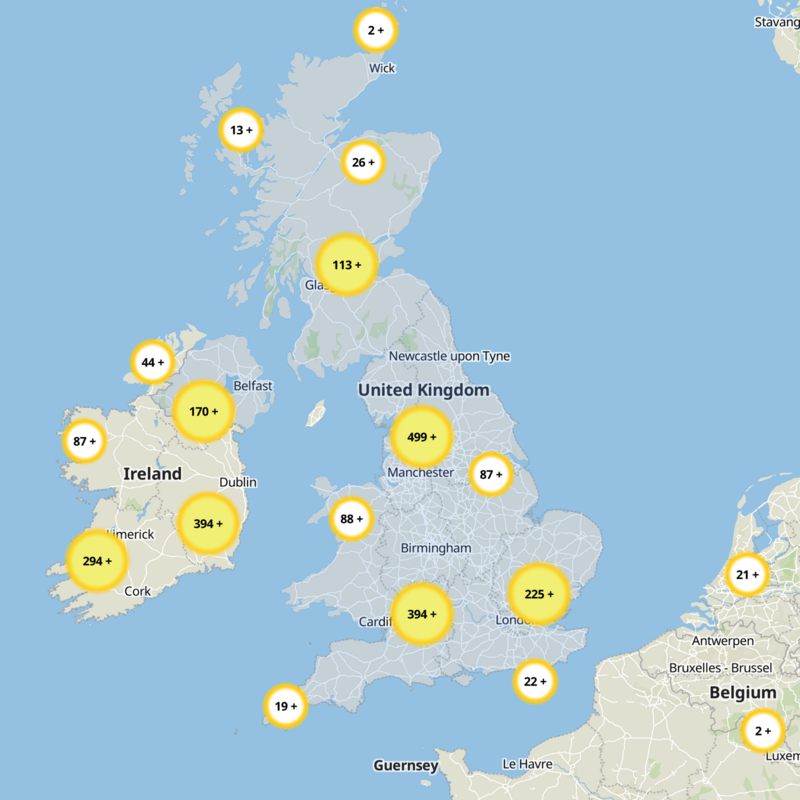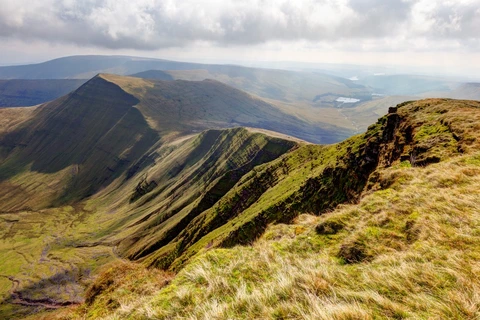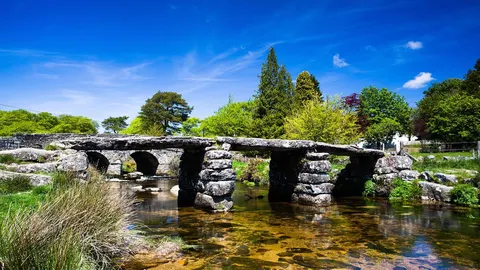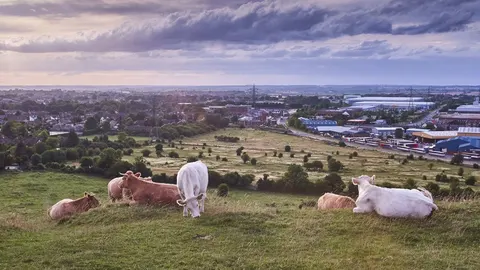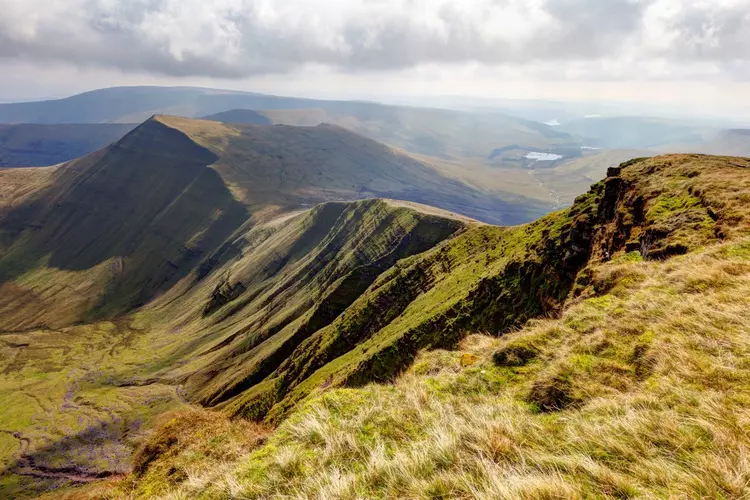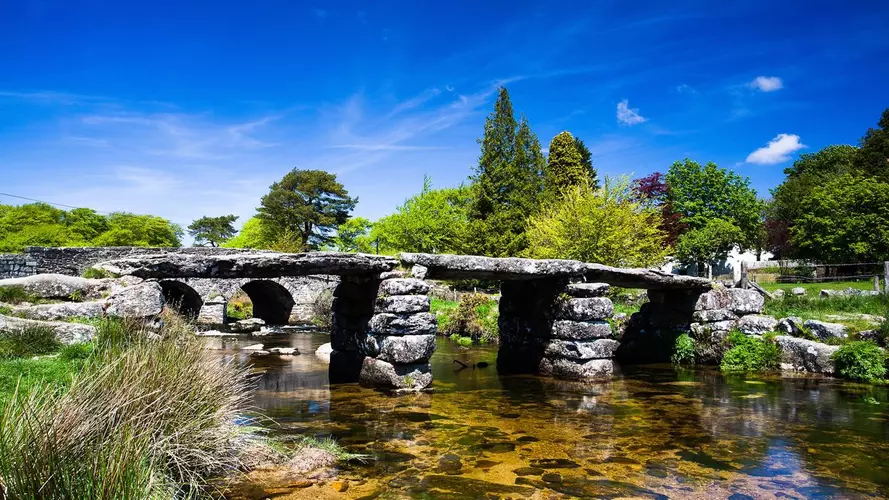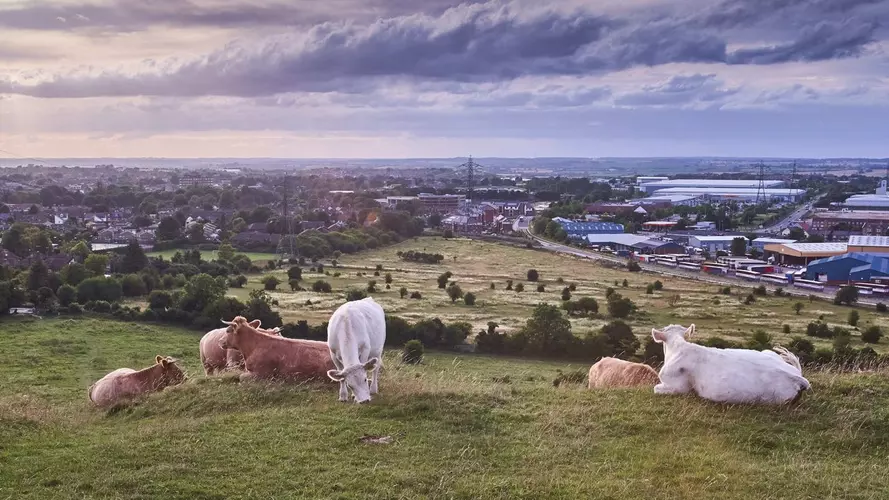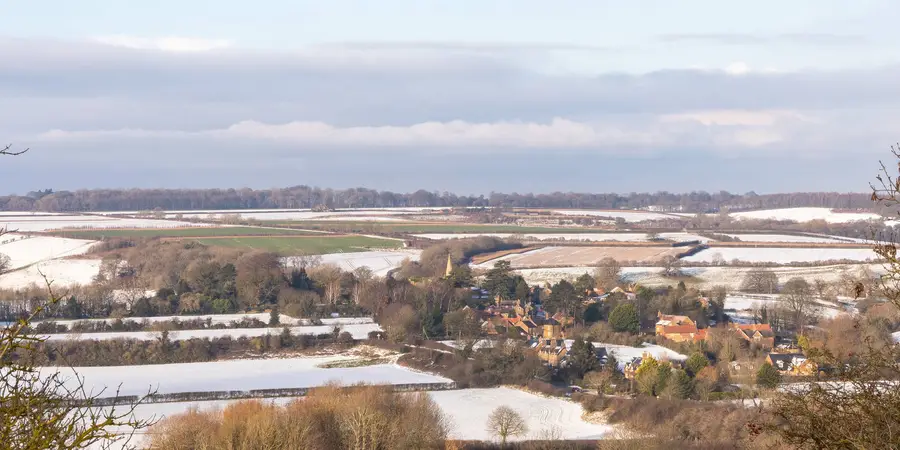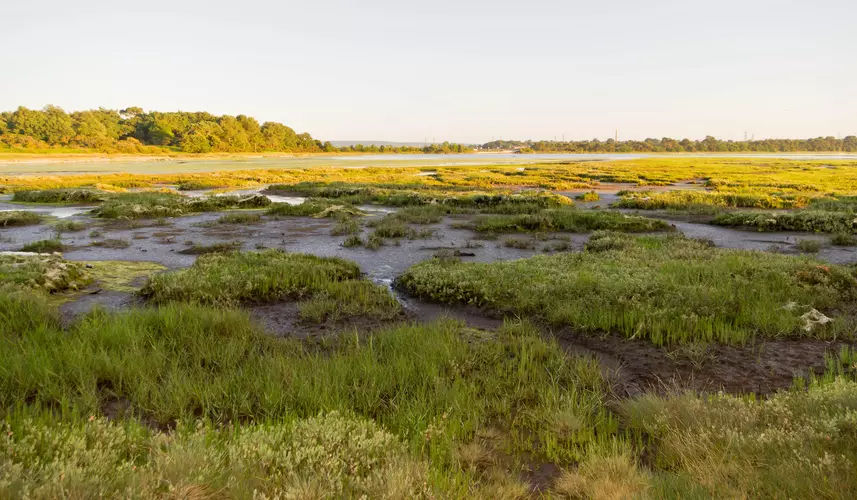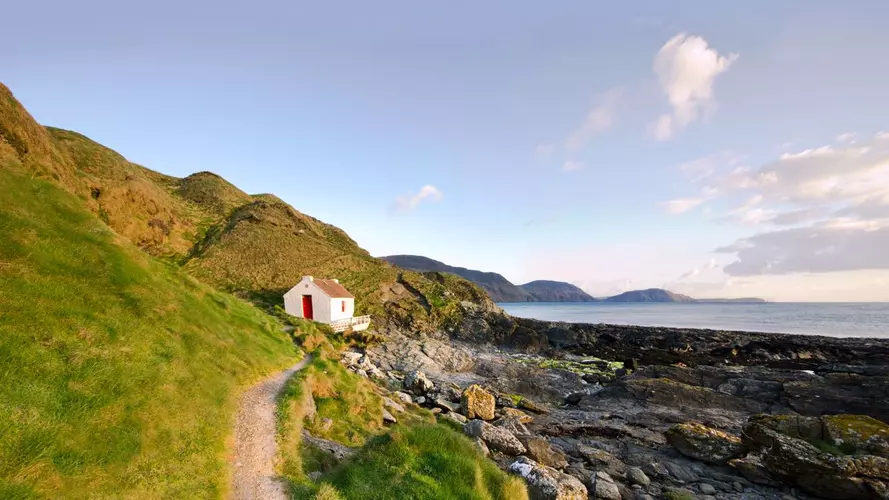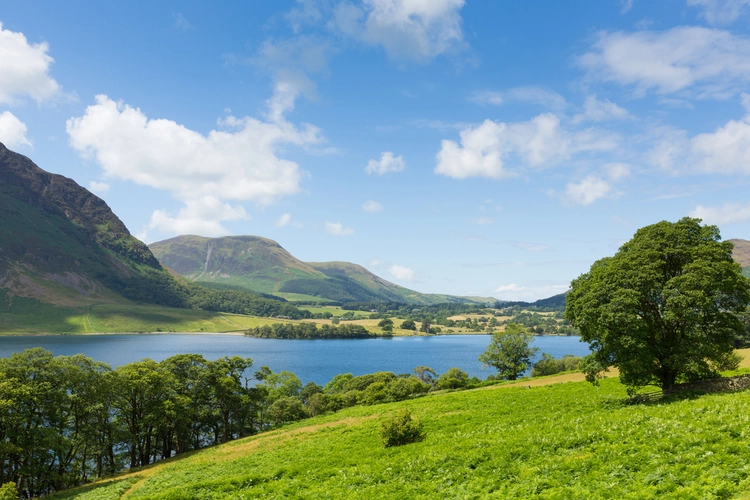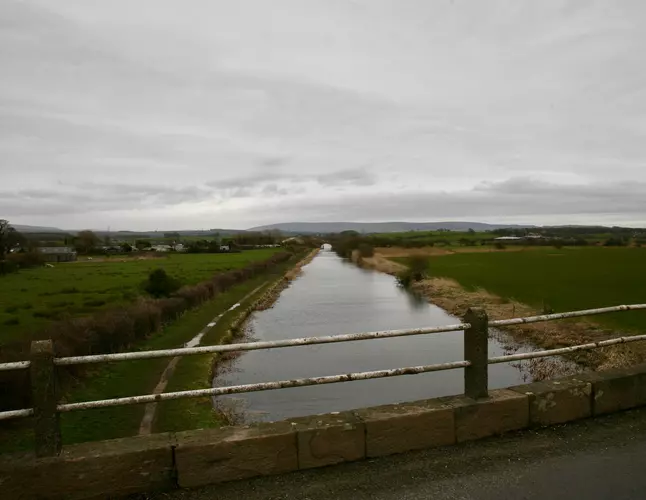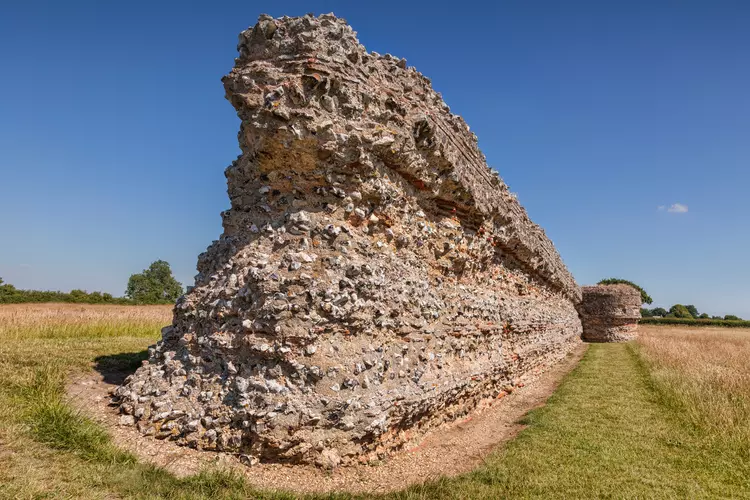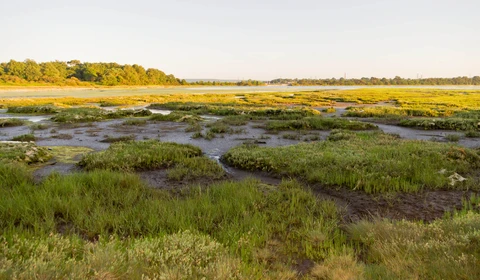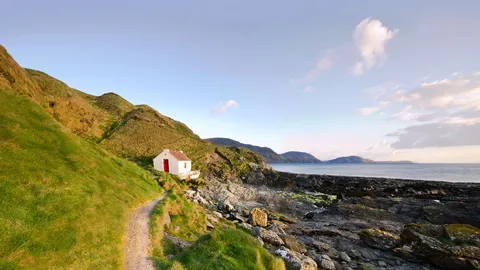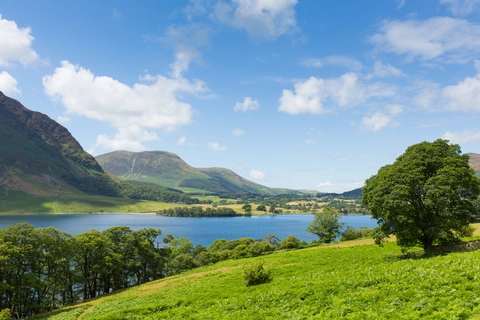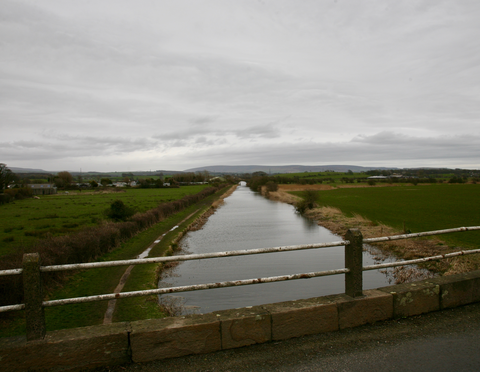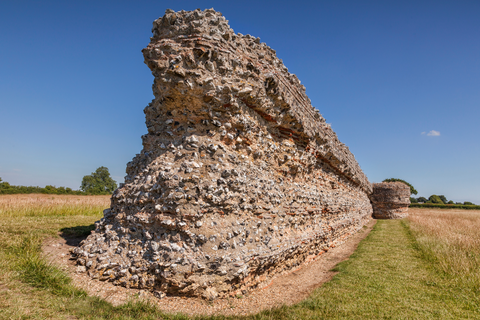"Explore the UK's enchanting trails, unveiling stories through stunning landscapes, ancient castles, and dramatic coastlines."
Embark on a journey through the United Kingdom's breathtaking landscapes, where every trail tells a story. From the rugged peaks of the Scottish Highlands to the serene beauty of the Lake District, and the mystical charm of Wales' Brecon Beacons, each path offers a unique adventure. Discover ancient castles, lush valleys, and dramatic coastlines, all steeped in history and natural wonder. Whether you're seeking a gentle stroll or a challenging ascent, the UK's diverse trails promise unforgettable experiences.
Most popular hikes
FAQs about hiking in United Kingdom






More hikes in United Kingdom
by difficulty
by type
